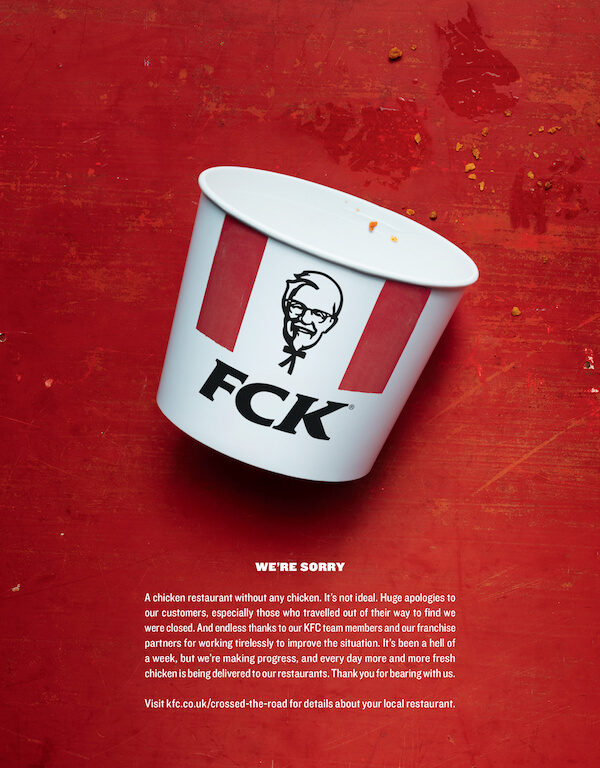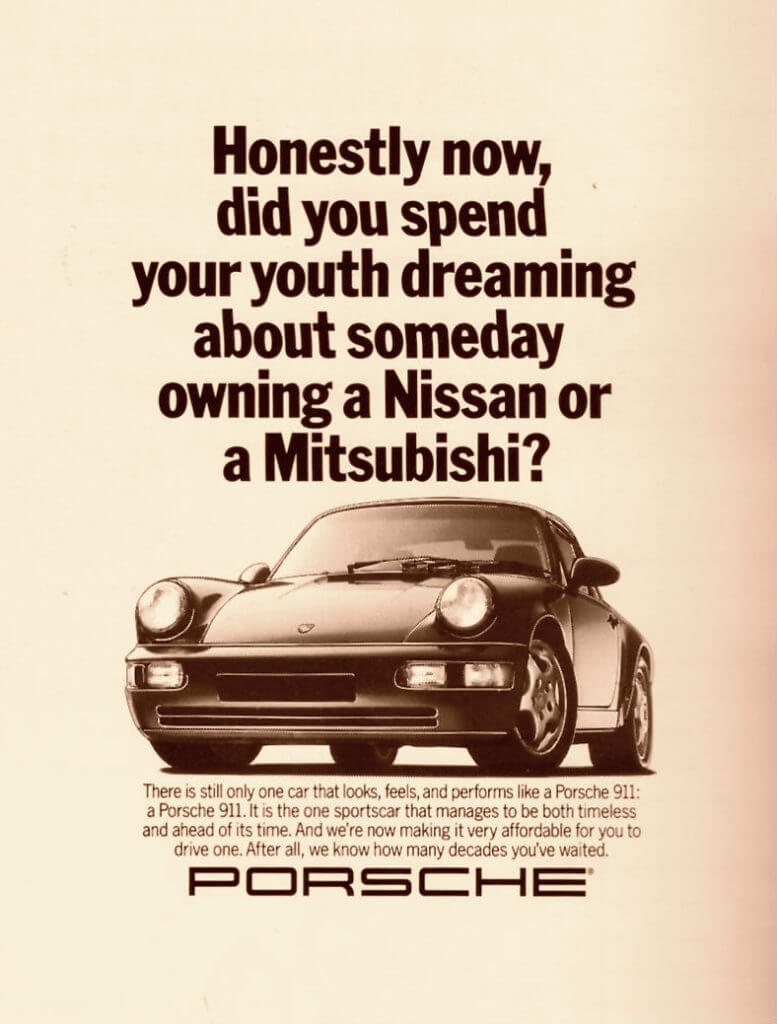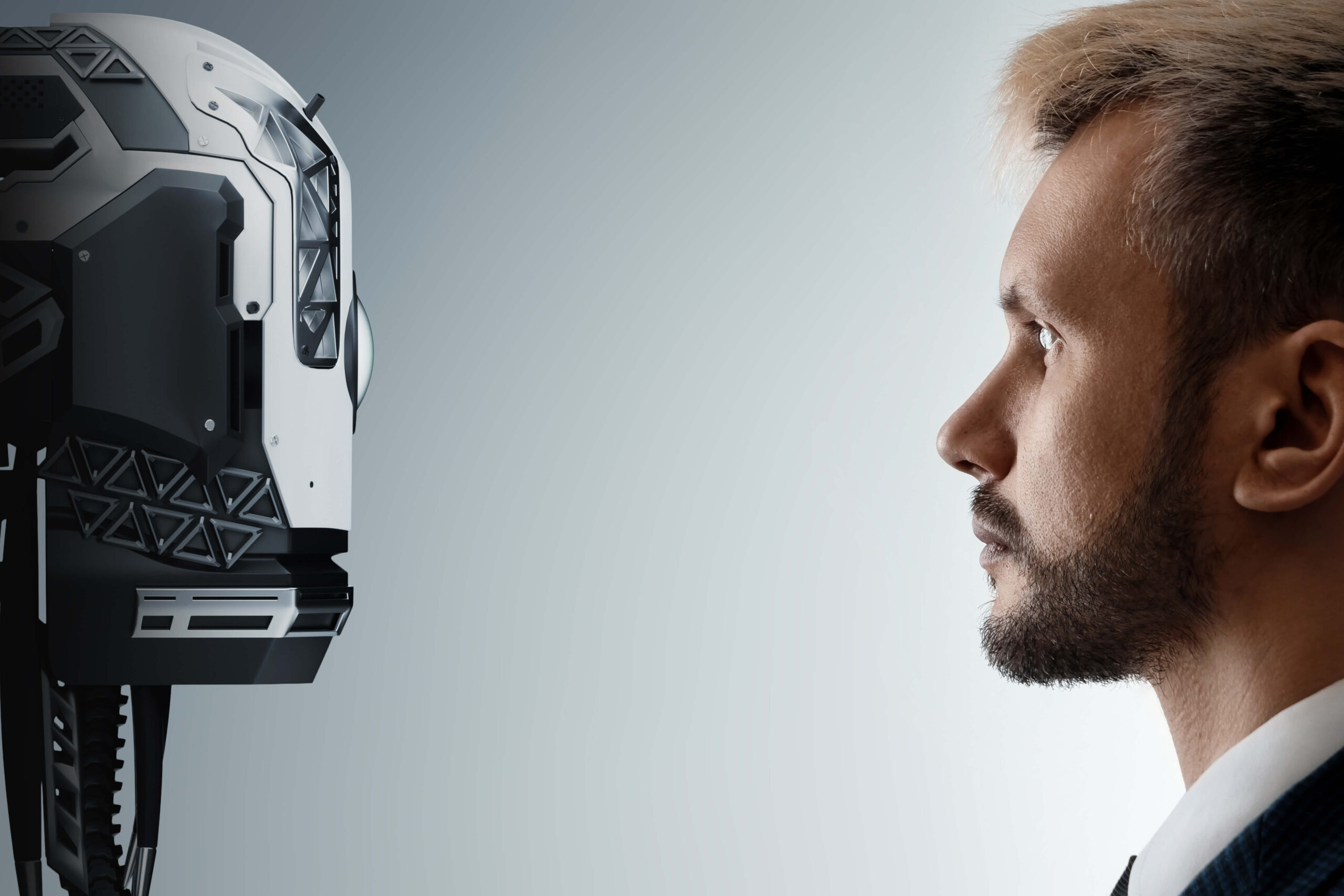For over 20 years Crush has been delivering brand, design and digital services to businesses across the globe.
In that time, our industry has gone through a multitude of changes, from the birth of smartphones, the rise of social media, to the latest development; AI. However, throughout all the inventions and enhancements, one thing has remained the same – human creativity.
Until now, it seems nothing has seriously shaken the creative industry quite like the breakthrough of AI technology. But what exactly is AI? Should we be scared of this foreign technology, or should we take the time to learn more and embrace it?
All about AI
AI stands for artificial intelligence, which is essentially a technology that works to make computers think like humans. Over the years, the technology has developed to become increasingly smart and, in some cases, arguably indistinguishable from human behaviour.
ChatGPT, for one, has proved to be an AI game-changer to the world of copywriting and content generation in general. It can provide content from just a few simple prompts, and in a matter of seconds. It’s because of this quickness and efficiency that it’s caught so much attention, but there are also a lot of questions surrounding just how great it really is.
AI vs Human creativity
The common skepticisms mainly surround how truly original AI-created content is, and, in turn, just how much it might pose as a risk to the roles of authors and content creators.
The worry is that if businesses rely on AI, rather than people, then all their content will become predictable and lacking the creativity that comes with human flair. It’s this element of originality that has sparked so many of the renowned marketing campaigns of the past:



At the heart of great copywriting lies the very essence of human behaviour. The way in which we communicate with such complexity is what makes it an art; not a scientific technology. Humans are gifted with the ability to deliver humour, sarcasm and wit, which we use to create powerful messages. Humans are also driven by emotion, and it’s that emotion that steers some of the best writing. This is especially relevant within marketing; people buy from people, it’s the same logic as supporting a local business compared to a big corporation. These ‘human’ skills aren’t something that AI seems to have mastered yet, and many think it’s unlikely it ever will.
It’s also important to recognise that AI relies on historic data that was originally inputted by humans. This leads to the question of how accurate it can be at taking into account cultural contexts, in real-time. It also poses the question of how bias it may be, depending on the human that created it. For example, an AI copywriting tool could be built to favour particular styles, phrases, or tones of language, leading to biased content that is dangerous and discriminative to its readers.
Finding a balance
With research from Campaign’s survey finding that AI is already being used by ½ of marketers globally, we simply can’t ignore that, despite its ‘fallbacks’ and ethical concerns, AI is an incredible technology – and the proof is in the pudding.
For copywriting, AI tools have become extremely popular for a number of reasons:
- Time efficiency; creating unique content in a matter of seconds, helping marketers to meet their deadlines.
- Idea generation; getting writers past their ‘writer’s block’ by offering inspiration for content.
- SEO help; analysing data and creating content that is SEO-specific to the topic at hand.
- Proofreading; editing and suggesting changes to your own copy.
This leads us to conclude that we could use AI to help us, rather than replace us. After all, whilst AI is a computer, it’s been created by humans, and its full potential can only be unlocked with human input.
This is an attitude we’ve also seen reflected in a 2023 podcast by software security company Forcepoint, where they were joined by Mikko Hypponen, a computer security expert.
“One mistake I’m a little bit worried about is that companies are a little bit too fast in trying to replace humans with machines
[…]
I do believe our work is changing, but I don’t think your position is going to be taken by AI, it’s probably going to be taken by another employee who is better with AI than you are.”
Our conclusion
Good AI is powered by people, and without people it can’t be relied on. In the marketing and design world, it indisputably has the potential to enhance performance and outputs for clients, so we should not be fearful of it, but rather just cautious of how much we utilise it.
